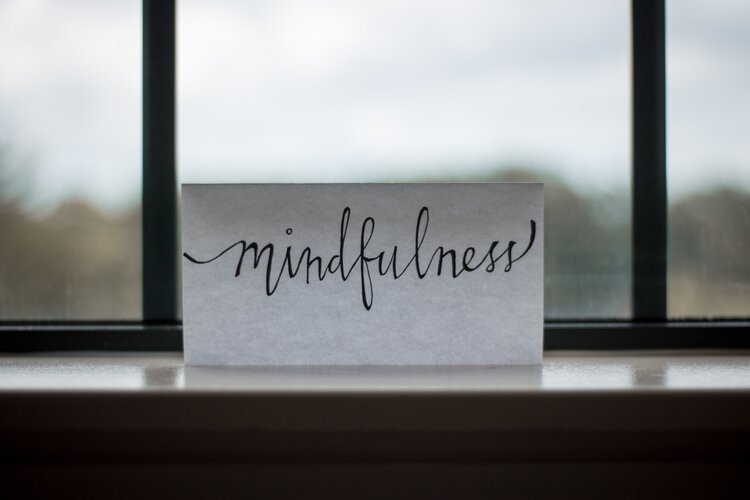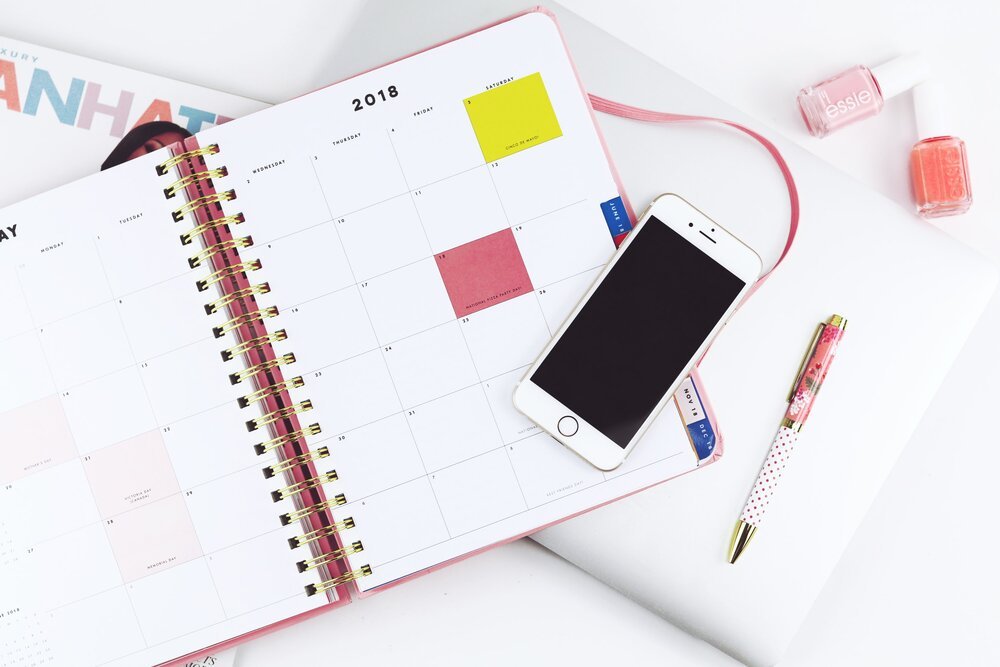Child Life + Self Care: A Necessary Pair
Learning How to Prioritize “Me”
As child life specialists, we often spend each day prioritizing our case load in order to provide the best care to each and every patient we can. Typically, our priorities change throughout the day as additional or more pressing needs come up, and so we restructure our day in order to meet those needs. However, all too often, we forget to prioritize one critical person – me.
Child life is an emotionally and mentally taxing field. We see patients through all stages of life, strive to enhance coping in some of the most challenging circumstances, and provide additional support to siblings, parents and family members of our patients. In other words, we spend our day giving ourselves emotionally to our work. Why do we do this? Because we love it! We are passionate about what we do, who we serve, and making the hospital experience positive for all involved. Nevertheless, in order to be able to consistently provide this quality of care, we must first and foremost take care of ourselves. We must spend time reflecting on experiences, process grief and challenges, critiquing our work for things we could have done better, and working to improve ourselves and our services for future interactions. All of this falls under a very large umbrella we hear all too often – self-care.
Self-care is a buzzword in our field, but how many of us are properly exercising this practice? The field of child life lends itself to burnout, therefore making regular self-care all the more crucial. It is important to note, however, that self-care is not a one-size-fits-all practice. Each professional must find what works best for them in order to maximize the benefit. For instance, some individuals may benefit from regular group processing, while others may have one confidant that provides this same debriefing experience.
As a relatively new professional, I have found myself using a “trial and error” method when it comes to self-care in order to identify the best tools that specifically benefit me. The intent of this post is to be an opportunity to evaluate current self-care practices for those looking to identify new ways to process the emotions we may often stifle in an effort to provide the highest level of services in our day-to-day role.
Meditation
There are many tools that are free and easily accessible through cell phones and tablets to guide an individual through meditation, mindfulness or simply intentional relaxation. Personally, I have benefitted from the “Calm” app on my phone. This app provides guided meditation as well as “sleep stories,” both of which have helped me to refocus after stressful situations or shifts. The app is available in an expanded version for a subscription fee, but I have found the free material very useful.
Time Management
This sounds like a simple and unnecessary component, but is actually something we can all benefit from re-assessing. In my role, I collect daily data from my clinical work. From time to time, I take this one step further and track my time throughout a day for a week or so, then go back and evaluate where I have spent time and what I could have done to be more efficient in my workday. For those who have several roles and responsibilities outside of direct patient care, this can be very beneficial in increasing efficacy of your workday and decreasing the stress of tasks left to complete when you go home.
Healthy Eating & Physical Activity
I have to admit, this is an area in which I struggle. Working in a hospital with an unpredictable day, it can be challenging to make this a priority. Nonetheless, I can attest to the difference in productivity, motivation, and energy after spending a few days focused on healthy food choices (with one or two treats mixed in) and participating in some type of physical activity a few times throughout the week. Physical activity can look different for everyone and does not have to be a high intensity workout. This can include power-walking at some point in the day, yoga, running, a workout class, etc. – whatever can provide 30-60 minutes of time to give your brain a break and focus on you.
Establish “Me Time”
This component is my personal favorite way to practice self-care, especially after a hard week. I will set aside a period of time, whether it be 30 minutes, an hour, or half a day to engage in activity for the sole purpose of focusing on myself. This can be going to the movies, shopping, taking your dog for a long walk, watching TV, or cooking a meal/baking a dessert you really enjoy. Whatever you identify as a pleasant activity can become “me time” with the one stipulation that the time is carved out into the rest of your schedule. This activity’s place in your calendar should be just as respected as a doctor’s appointment or meeting. It is a defined opportunity to focus on your mental wellbeing and rejuvenate you for future patient interactions.
Creating a Positive Work Environment
Last, but certainly not least, your work environment should be a place you enjoy being. Child life specialists, as I mentioned above, are passionate about their work. I love coming to work every single day. However, my feelings towards work are enhanced when I have a space that I feel connected to while I’m at work. Full-time professionals spend approximately 40 out of 168 hours each week at work. That’s almost one-fourth of our week in one location, so we should make every effort to create a space that we enjoy being in. I take pride in decorating my office space to make it feel personalized to me. I have several photos, cards, trinkets, and other decorations that have traveled to several different offices with me and keep me connected to my space while I’m at work. My decorations change with various upcoming holidays and seasons, and truly allow me to feel more at home when at work.
Ultimately, self-care will vary from professional to professional, but there is one constant in regards to the topic – it is a necessity. No child life specialist will be able to maintain quality patient care throughout their career without practicing self-care regularly. This post is by no means a comprehensive list of self-care activities, but it can serve as a starting point for those looking for self-care tools that fit their needs and can be a great conversation starter for departments looking to enhance their self-care practices.
Janine Patton is a Certified Child Life Specialist with a Master's degree in Child Life, Family Collaboration, and Administration. She currently works at Texas Children's Hospital as a Child Life Specialist II in the Renal Department.
Read more blog posts from Janine here!




